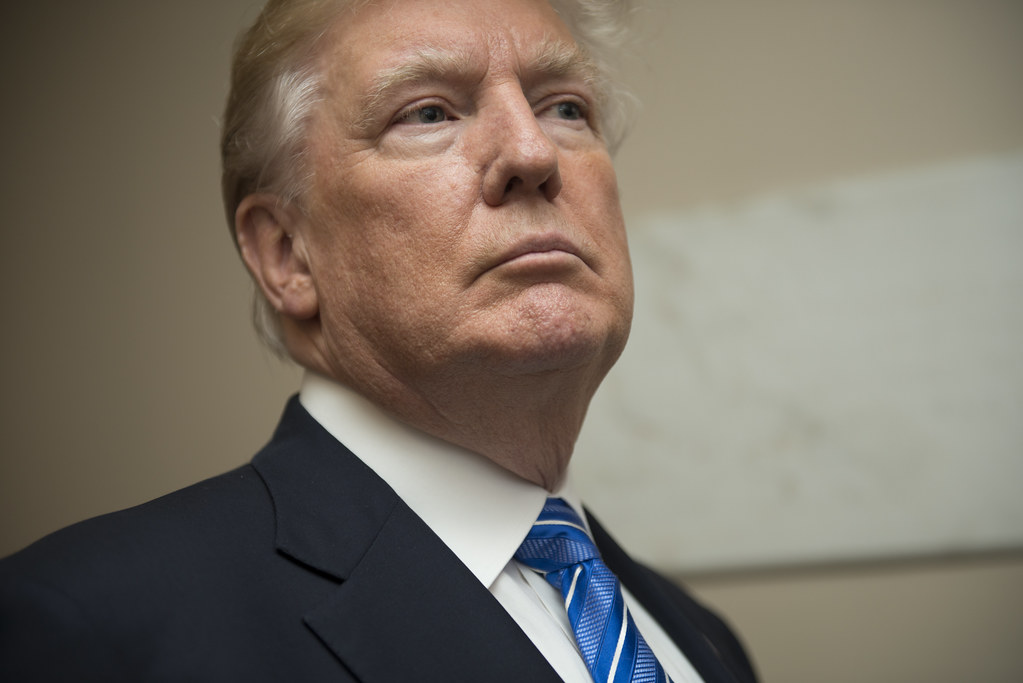Key Takeaways:
• President Trump warned on Truth Social of massive China tariffs, rattling traders
• The S&P 500 slid 2.7 percent, its steepest daily drop in six months
• The Nasdaq Composite saw its worst tumble since April’s tariff announcement
• Investors pulled profits and feared stalled trade talks with China
• Continued tariff threats may keep markets on edge
Stocks fell sharply on Friday after President Trump threatened more China tariffs in a series of posts on Truth Social. The S&P 500 slid 2.7 percent, marking its biggest daily drop in six months. At the same time, the Nasdaq Composite logged its worst tumble since April, when the government first announced new levies. Investors reacted with alarm. They feared that higher levies would derail budding trade talks with China.
In the wake of the warning, market sentiment shifted from cautious optimism to outright selling. Many traders began to lock in gains they had enjoyed over recent weeks. As a result, equity indexes wiped out nearly a month’s worth of gains in a single session.
Why China Tariffs Warning Shook Investors
President Trump wrote on Truth Social that a “massive increase of tariffs on Chinese products coming into the United States” is under serious consideration. He also said he would not meet President Xi at the upcoming APEC summit, suggesting that trade talks could stall.
For example, Jeff Kilburg, founder of a financial advisory firm, noted that expectations for a trade deal with China “just got swept off the table.” He said profit takers rushed out in full force. Moreover, options trader John J. Smith mocked the volatility, writing on X that one comment from the president can erase weeks of market gains in a matter of hours.
Even economists weighed in. Anders Åslund quipped that the U.S. “could greatly benefit from having a grownup as president,” adding that the threat pushed markets lower just after Mr Trump learned he would not win a major peace prize. As a result, investors saw the threat of fresh China tariffs as an unpredictable force that could derail any deal.
Investor Sentiment and Profit Taking
After weeks of rallying, many funds faced a simple choice: hold on or cash out. However, the sudden tariff threat encouraged them to sell. Many hedge funds and retirement accounts booked profits, fearing that a full-blown tariff conflict would slow economic growth and hurt corporate earnings.
In addition, traders pointed out that markets had grown too complacent. With strong earnings reports and signs of slowing inflation, many expected a breakthrough in U.S.-China trade talks. Yet the tariff warning blasted those hopes, prompting a wave of automated selling. Stocks that had led the charge higher—technology and industrial companies—took the hardest hit.
Trump’s Social Media Warning Explained
Mr Trump’s post on Truth Social was blunt. He warned of a “massive increase of tariffs” and noted he saw no reason to meet President Xi at the APEC meeting in South Korea. He added that many “countermeasures” were also under consideration.
His message marked the first time in two months that the S&P 500 fell by more than one percent in a single day. Moreover, traders viewed the threat as a reminder that trade policy remains a key risk for markets. After all, past rounds of tariffs in 2018 and 2019 sparked global retaliation and choppy trading.
Experts say the president uses tariff threats as leverage in negotiations. However, this strategy can backfire if it spooks investors or leads to real tariffs that weigh on corporate profits. Therefore, traders often react quickly to any hint of escalation. In this case, the warning sparked instant selling.
Looking Ahead: What Could Happen Next?
First, markets will watch for any follow-up from the White House. If the administration softens its stance or resumes talks, the stock sell-off could reverse. However, if the president doubles down, volatility may rise further.
Second, investors will monitor China’s response. Beijing could retaliate with its own tariffs or restrictions on U.S. goods. Such moves would deepen the trade conflict and hurt global supply chains. Moreover, they could push inflation higher by raising costs on consumer products.
Third, corporate leaders may delay investment or hiring decisions until trade policy stabilizes. For example, manufacturers that rely on imported parts could see higher costs, trimming profit margins. Likewise, technology firms that sell to China might face tougher conditions or slower sales growth.
Lastly, the Federal Reserve might weigh in. If tariffs threaten to slow growth or push up prices, the central bank could alter its rate path. For instance, it might delay interest rate cuts or signal a more cautious approach. As a result, bond yields and currency values could shift, adding layers of risk to markets.
In summary, President Trump’s China tariffs warning served as a stark reminder that global trade policy can change on a dime. Investors reacted swiftly, pulling profits and pushing indices sharply lower. While many hope for a thaw in talks, the threat of new levies may keep markets on edge in the weeks ahead.
Frequently Asked Questions
How did markets react to the tariff threat?
Markets fell sharply, with major indexes posting their worst one-day losses in months. Traders sold shares to lock in recent gains.
What exactly did President Trump propose?
He warned of a massive increase in tariffs on Chinese products and said he might skip a planned meeting with President Xi.
Why are investors so sensitive to tariff news?
Tariffs can raise costs for companies, slow economic growth and disrupt global supply chains, hurting corporate profits.
Could a trade deal still happen?
Yes. If both sides resume talks and avoid new levies, investors may regain confidence and push markets higher.
